Optimal Timing for Masonry Services
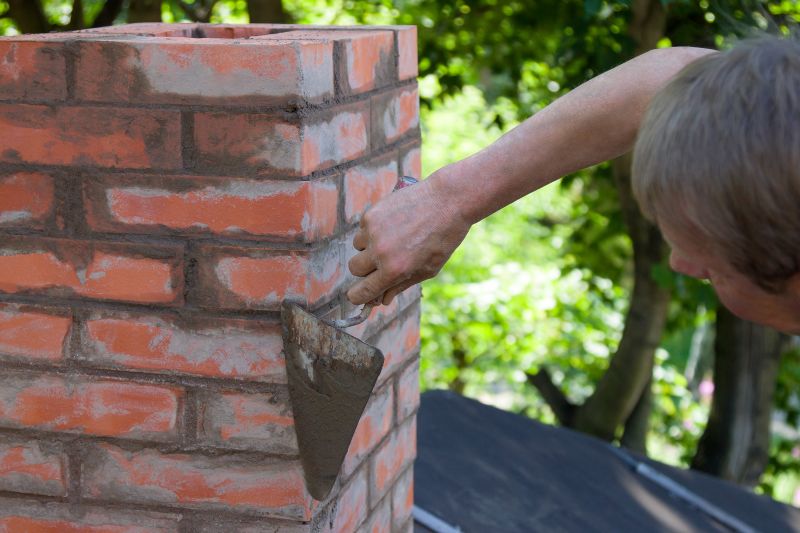
Spring offers moderate temperatures ideal for masonry work, reducing the risk of cracking due to temperature fluctuations.
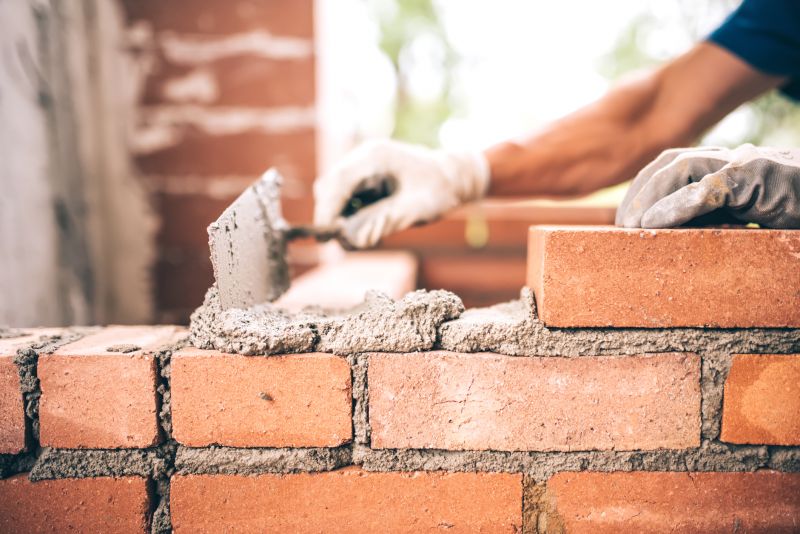
Warm weather allows for quicker curing times, making summer suitable for extensive masonry repairs and installations.
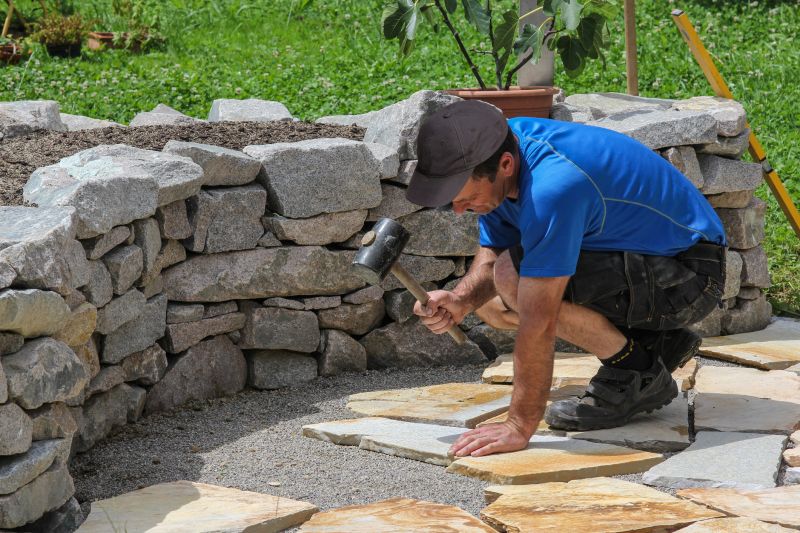
Falling temperatures signal the need for masonry inspections to prepare for winter, preventing damage from freeze-thaw cycles.
Masonry service involves the construction, repair, and maintenance of structures built from bricks, stones, concrete blocks, and similar materials. Proper timing ensures optimal results, longevity, and structural integrity. Seasonal considerations are crucial, as extreme temperatures and moisture levels can adversely affect masonry work. Scheduling during favorable weather conditions minimizes risks such as cracking, shifting, or improper curing.
Statistics indicate that masonry repairs performed in spring and early fall tend to have longer-lasting results due to moderate weather conditions. In regions like Stevensville, MD, where seasonal changes are pronounced, planning masonry projects during these periods can lead to better outcomes and cost savings. Proper timing also reduces the need for rework and extends the lifespan of masonry structures.
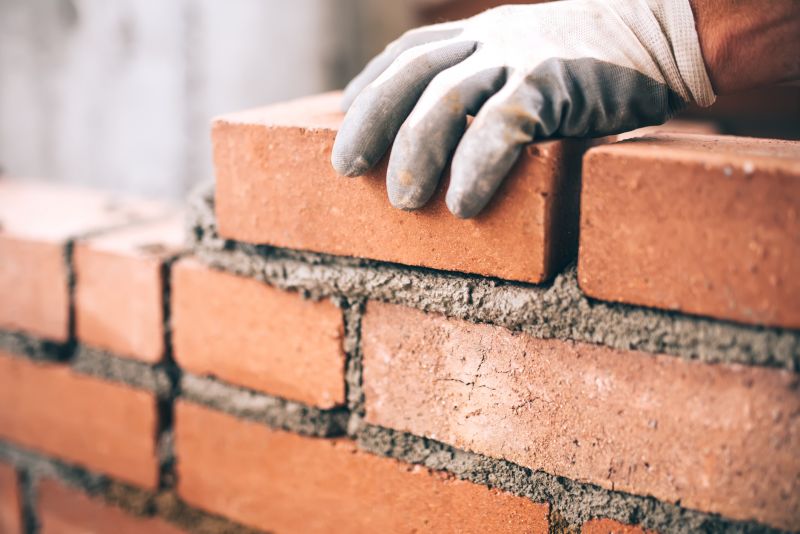
Spring's mild temperatures support effective mortar curing and structural stability.
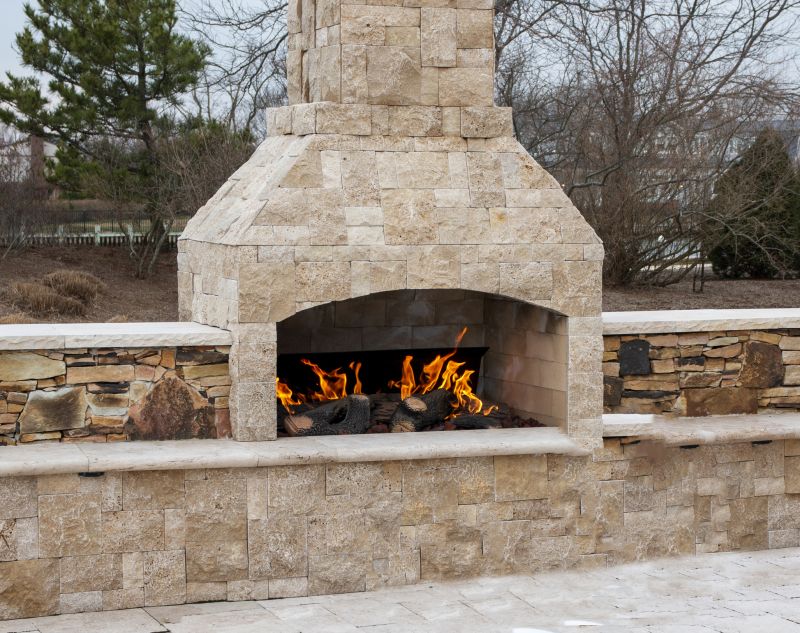
High temperatures facilitate faster setting times and allow for more extensive projects.
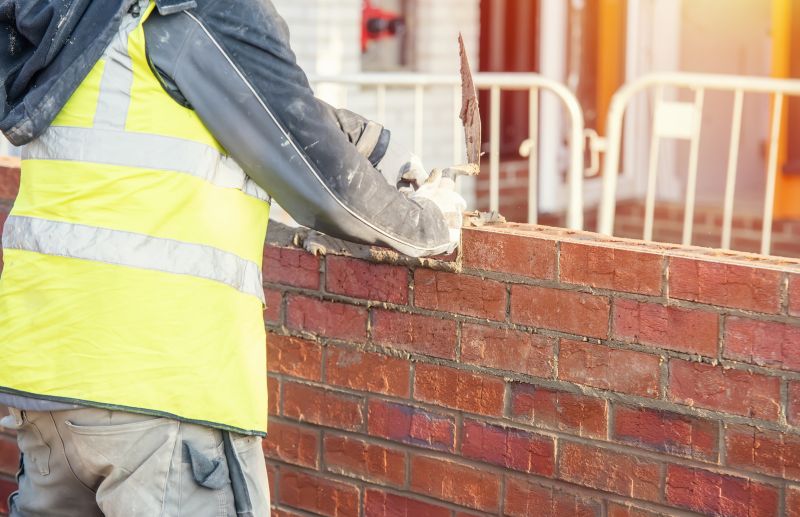
Fall is ideal for inspections and repairs before winter weather sets in.
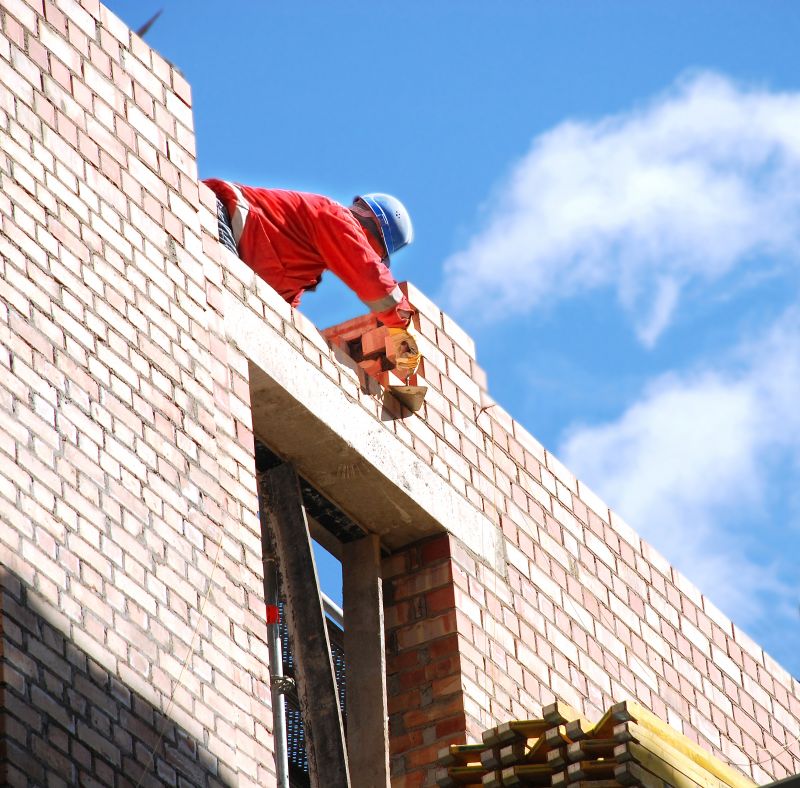
Cold and moisture can hinder masonry work, requiring special techniques or postponement.
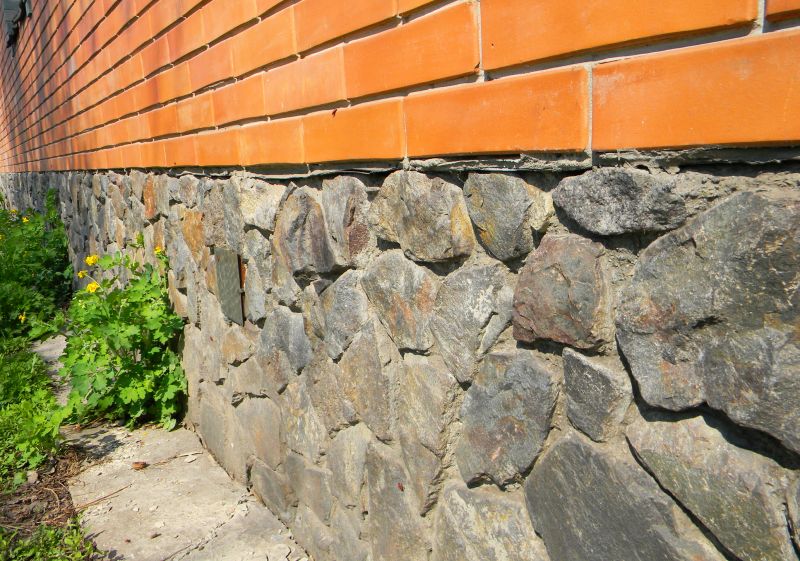
Optimal conditions include dry weather, low humidity, and temperatures within the recommended range.
| Season | Best Practices |
|---|---|
| Spring | Schedule after the last frost; ideal for repairs and new construction. |
| Summer | Perform work during early morning or late evening to avoid heat stress. |
| Fall | Complete projects before temperatures drop below 40°F. |
| Winter | Limit work to indoor or protected areas; postpone outdoor projects. |
Proper timing and weather conditions significantly influence the durability of masonry structures.
Scheduling masonry work during optimal seasons reduces rework and extends lifespan.
Weather-related issues include mortar failure, cracking, and shifting if work is not timed correctly.
Regular inspections and timely repairs help maintain structural integrity over time.

A construction site showcasing masonry installation during optimal weather conditions.

A calendar highlighting the best months for masonry projects.

Workers applying mortar on a brick wall in favorable weather.
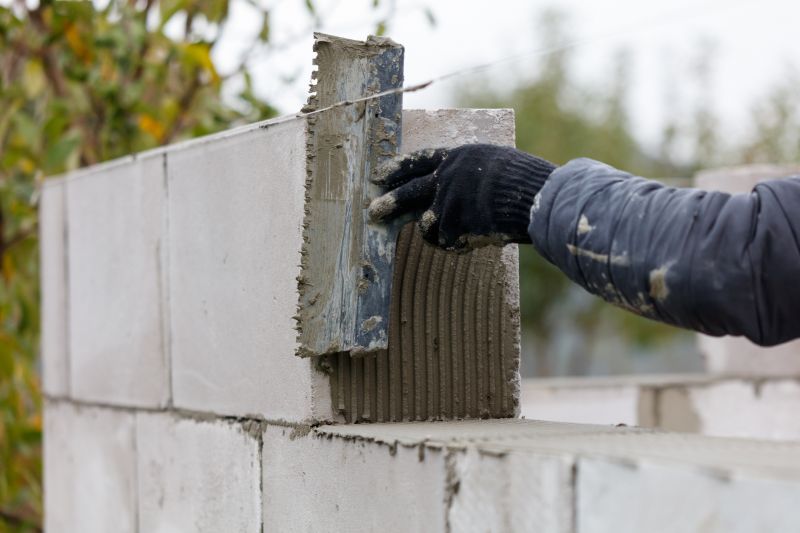
A durable exterior wall built with proper seasonal timing.
Selecting the appropriate time for masonry service can influence the longevity and quality of the finished structure. Proper planning around seasonal weather patterns ensures that mortar cures correctly, materials set properly, and the risk of damage from adverse conditions is minimized. For properties in Stevensville, MD, understanding local climate patterns can aid in scheduling masonry projects effectively.
Interested property owners or managers can contact for more information or to schedule a masonry assessment during the ideal season. Proper timing and weather considerations are essential for achieving durable, long-lasting masonry structures.
